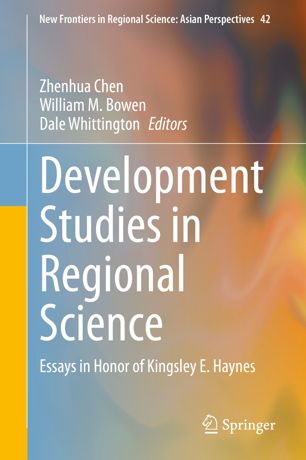Pursuing a PhD can often materialize as a solitary pursuit—a rigorous, competitive path toward becoming an expert in one’s field. But for Aritra Chakrabarty, a recent PhD graduate from Michigan Technological University’s Department of Social Sciences, the journey was rooted in collaboration, community, and the shared pursuit of knowledge.
Aritra completed his PhD in Environmental and Energy Policy (EEP) in Spring 2025. Over the course of his four-year program, he consistently challenged the notion of pursuing a PhD as an isolated endeavor. Instead, he sought to foster dialogue, mutual learning, and inclusive research practices.
One of the highlights of Aritra’s academic journey was organizing a capacity-building panel at the 2022 UNFCCC COP 27 hosted in Egypt. The panel showcased how local and Indigenous knowledge can inform and enrich climate science. With the help of fellow students, he curated a diverse group of panelists, amplifying the voices of marginalized communities in global climate discourse.
His doctoral research focused on energy systems involving close collaboration with grassroots organizations and rural households in India. Aritra’s work as a social scientist reflects his broader belief that research should not remain confined to academic institutions—it must be embedded within and informed by the communities and societies it aims to serve.
Beyond his research, Aritra was actively involved in student-led initiatives on campus, including community organizing and advocating for student well-being. The time spent with friends and colleagues, and the relationships formed, remain a highlight of his PhD journey and Yooper experience.
“A PhD is about showing up, doing your bit, helping others where you can. At the end of it, the community you build and the contributions you make, however minute, is what this journey is all about.”
Aritra is soon heading to the University of Exeter in the UK, where he will begin a postdoctoral position with the Energy Demand Research Centre. Joining the Energy Equity Lab (ELL), he will be involved in studying energy inequity in the UK. In this role, Aritra continues his commitment to socially engaged and impact-driven research.
His journey serves as a reminder: a PhD can be more than an exercise in academia—it can be a collaborative, transformative experience bridging knowledge with community.
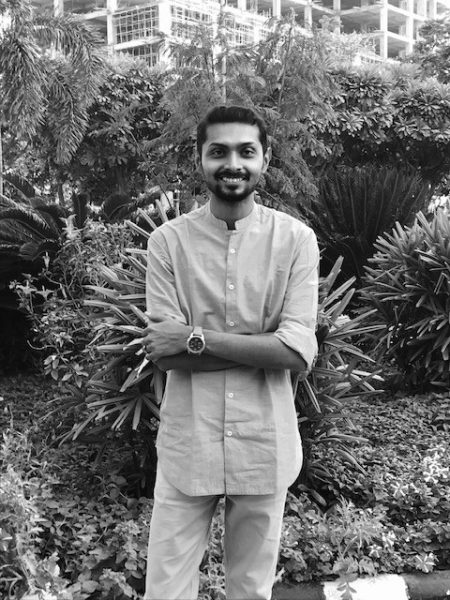
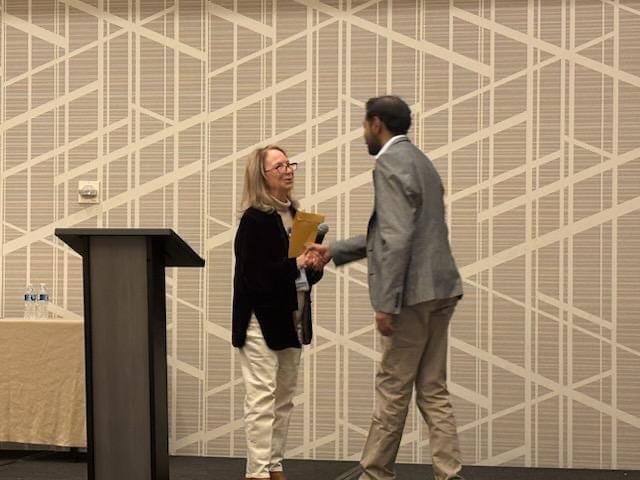
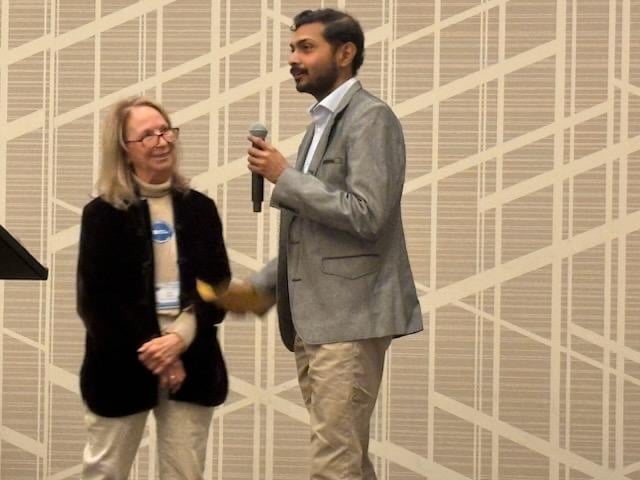
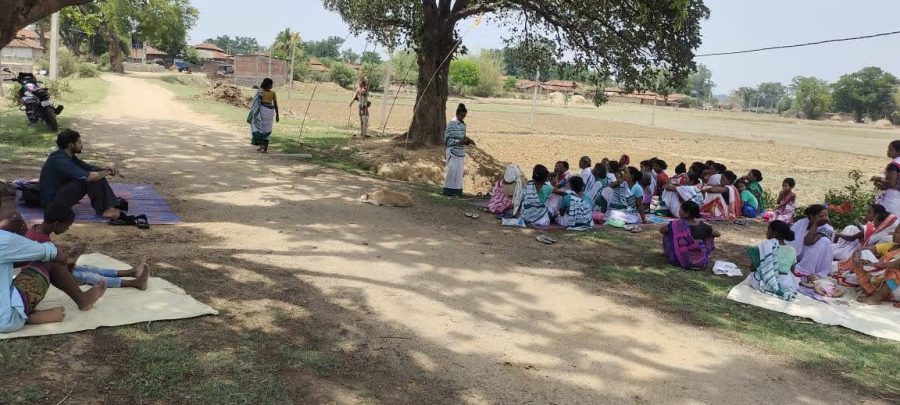
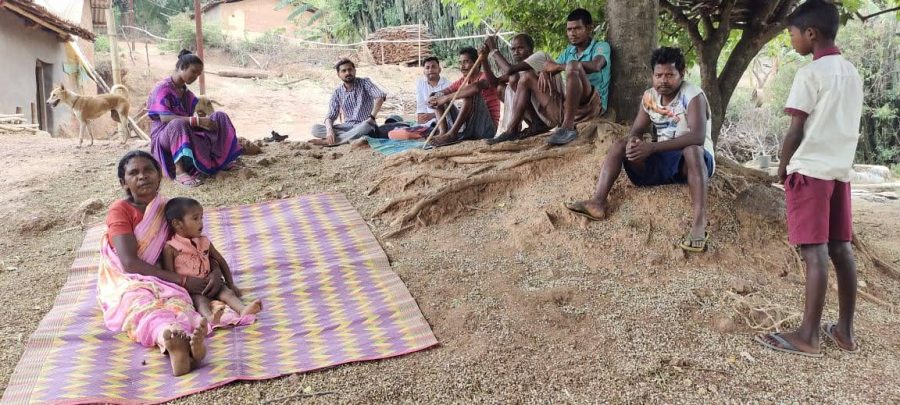
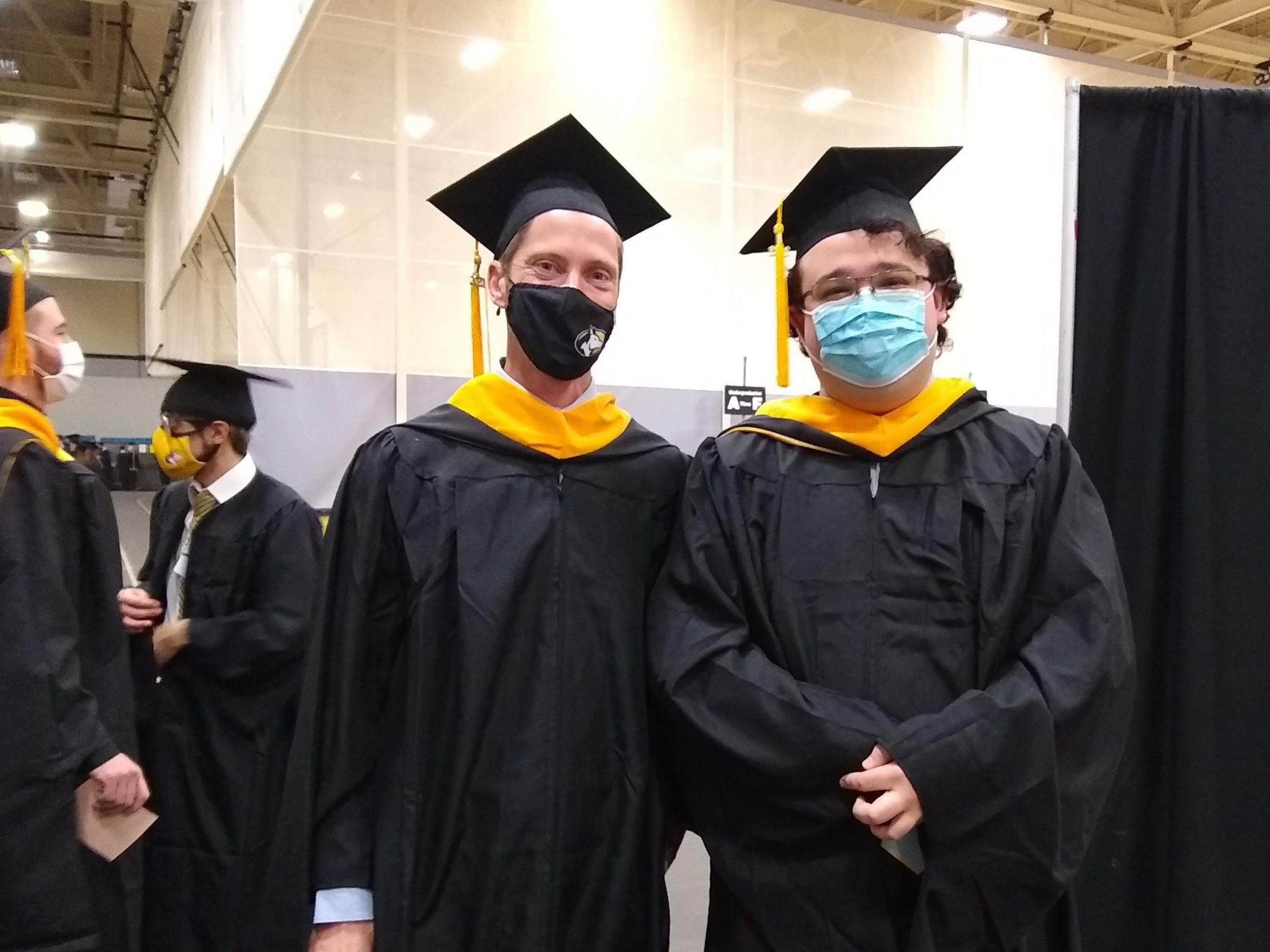
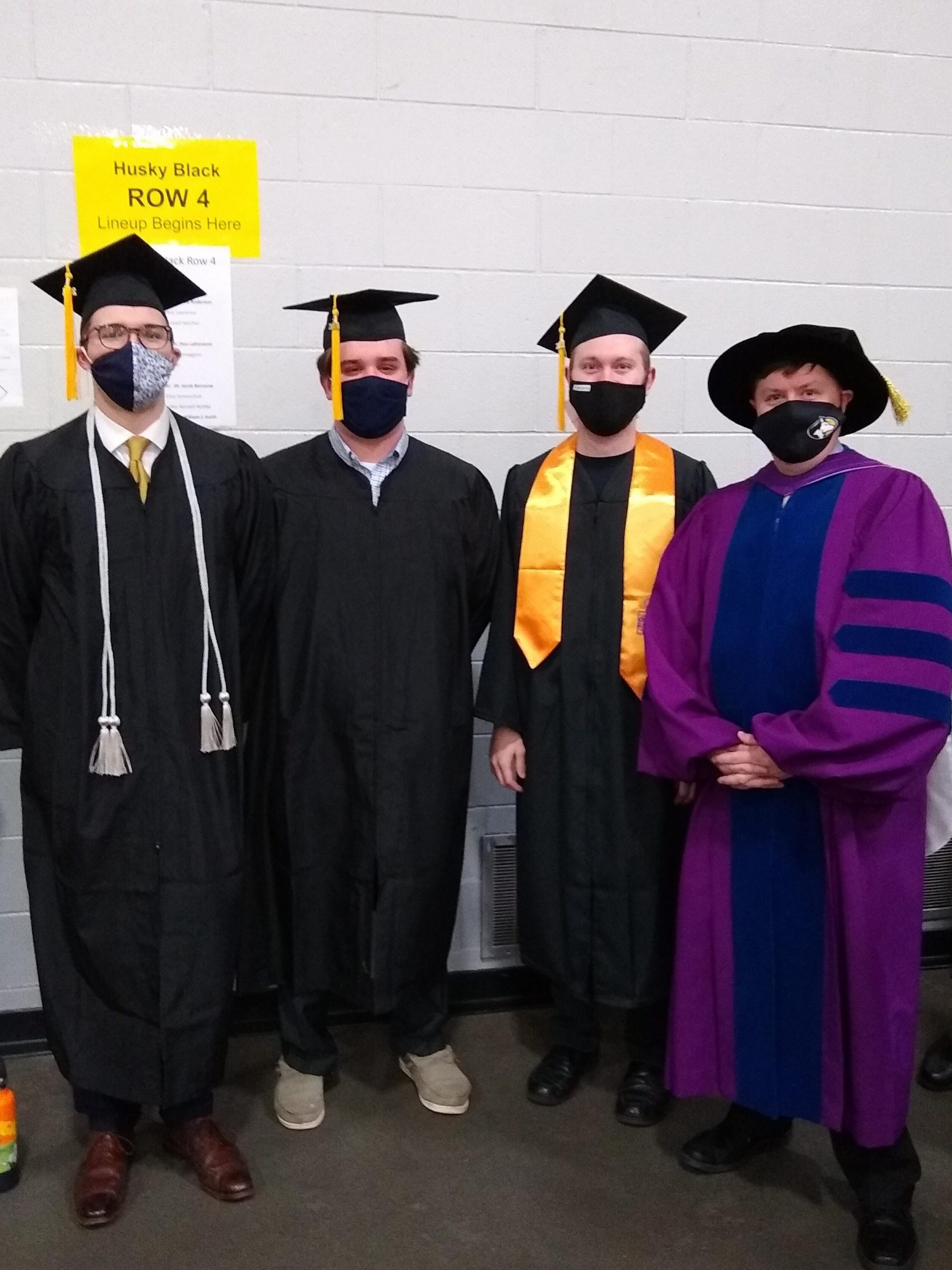
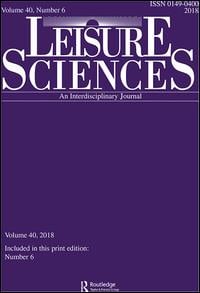 Erin Burkett (EEP PhD Alum) and Angie Carter recently published “
Erin Burkett (EEP PhD Alum) and Angie Carter recently published “ Postdoctoral researcher Dan Trepal (SS/GLRC) and Don Lafreniere (SS/GLRC) recently published an article titled “Historical Spatial-Data Infrastructures for Archaeology: Towards a Spatiotemporal Big-Data Approach to Studying the Postindustrial City” in the journal
Postdoctoral researcher Dan Trepal (SS/GLRC) and Don Lafreniere (SS/GLRC) recently published an article titled “Historical Spatial-Data Infrastructures for Archaeology: Towards a Spatiotemporal Big-Data Approach to Studying the Postindustrial City” in the journal  Erin Pischke (EEP PhD alum) and Adam Wellstead authored the article
Erin Pischke (EEP PhD alum) and Adam Wellstead authored the article  Alumnus Brad Barnett (EEP PhD), Adam Wellstead, and Michael Howlett (Simon Fraser University) published a paper in the journal Energy Research and Social Science titled
Alumnus Brad Barnett (EEP PhD), Adam Wellstead, and Michael Howlett (Simon Fraser University) published a paper in the journal Energy Research and Social Science titled 